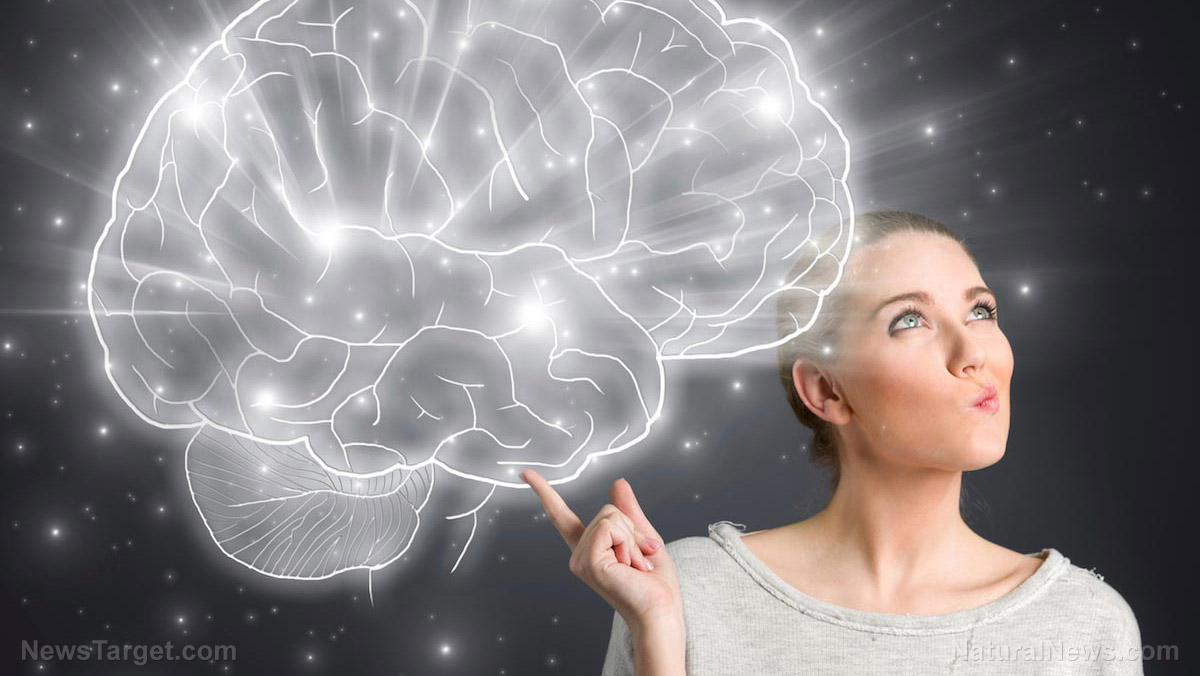Burn patients feel less pain when they undergo music therapy
08/14/2018 / By Michelle Simmons

Burn injuries are among the most severe traumas that can be experienced, which makes it difficult to treat burn patients. Music therapy has been known to help in pain management. In a study review published in the journal BMC Complementary and Alternative Medicine, researchers evaluated the effect of music intervention in the recovery of burn patients.
For the study, researchers at The Third Military Medical University in China conducted a systematic review and meta-analysis of randomized controlled trials in burn patients. In total, they gathered 17 studies with a total of 804 patients for the review.
When burn patients get treatments, a lot of factors cause them to feel more pain besides the wound itself. Treatment steps such as dressing changes, bathing, debridement, excision, and grafting cause them pain. In addition, other parts of burn treatment, such as occupational therapy, physical therapy, nursing care, and rehabilitation therapy also induce pain.
In the studies, music was used as an intervention in seven different types of procedures, such as dressing change, debridement, range of motion exercise, preoperative preparations, cold therapy, nursing care, and isolation.
Based on the results, the intervention of music had a positive effect on burn patients. When burn patients underwent music therapy, they felt less pain and anxiety. In some studies, they experienced less muscle tension or better heart rate control.
The type of music used in most studies was chosen by the patients from existing music lists or was the patient’s own choice of music. However, in Chinese studies, music interventions have mainly relied on music medicine.
In conclusion, the researchers suggested that music intervention results in a positive effect on pain relief, anxiety reduction, and heart rate control, which provides evidence to support the benefits of its utility during burn treatment.
Other health benefits of music therapy
People with cancer and other diseases experience severe pain at most times. Fortunately, pain among patients can be reduced by listening and playing music, songwriting, and singing. Music therapy can help alleviate pain and reduce stress and anxiety. In turn, this leads to physiological changes, such as improved respiration, lower blood pressure, improved cardiac output, reduced heart rate, and relaxed muscle tension. Music therapy, as a form of therapy, has been proven to be beneficial to a patient’s perceived effectiveness of treatment. This includes pain reduction, relaxation, respiration rate, and lower levels of anxiety. (Related: Rhythmic music aids recovery from stroke: Researchers find percussion therapy helps sufferers regain physical functions.)
One of the ways music therapy work is by directing the patient’s attention away from pain or anxiety. Music, especially the comforting kind, serves as a distraction for the listener. Music therapy also offers a musical stimulus for rhythmic breathing and provides a rhythmic structure for systemic release of body tension. This form of therapy cues positive visual imagery, conditions a deep relaxation response, and allows a person to focus on positive thoughts and feelings. Music therapy is also beneficial to people who are stressed. Music is frequently associated with moods and certain songs can make people feel different emotions and states of mind, such as happiness, calm, energy, or relaxation.
Read more news stories and studies on music and other natural therapies by going to AlternativeMedicine.news.
Sources include:
Tagged Under: alternative treatment, Burn, burn patients, burn treatments, music, music intervention, music therapy, natural healing, Naturopathy, pain, pain management, pain relief, remedies, sound healing, therapies



















